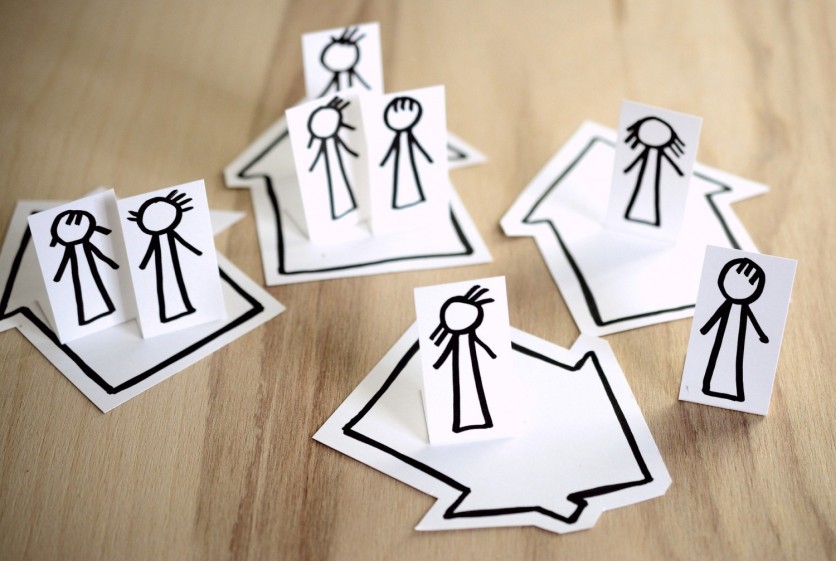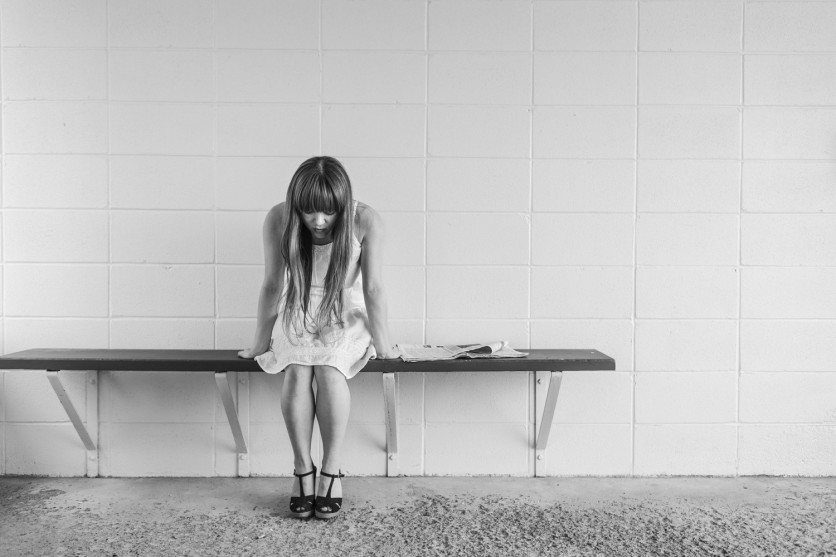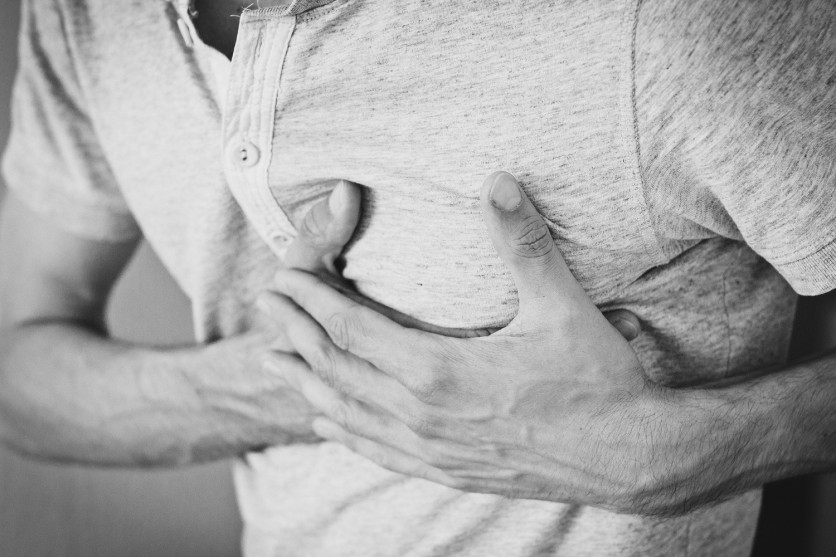The coronavirus pandemic is not just causing a life-threatening disease--it's also affecting the mental health of many people around the world for plenty of reasons.

Coronavirus and its Impact on Our Minds
There's the fear of getting infected by the coronavirus, or that a loved one could suffer from COVID-19.
Getting isolated from our loved ones and barely seeing our families in fear of spreading an unseen enemy, is enough to cause even the sanest person to feel mentally and emotionally exhausted. Top that the physical exhaustion that medical frontliners had to experience on a day to day basis.
The news about shortages in protective gear, ventilators, and medicines, as well as the deaths caused by the COVID-19 pandemic, is not helping us calm down, either.
The coronavirus pandemic is unforgiving, even to the minds of the people.
According to Forbes, 36% of Americans who answered an American Psychiatric Association poll said that the coronavirus pandemic has "had a serious impact" on their mental health, while another 31% of Americans said they are experiencing less sleep due to coronavirus anxiety, as per a PiplSay poll.
Since the U.S. citizens are encouraged to stay at home, remote therapy services like Brightside and Talkspace have been increasingly popular during the pandemic, with both services seeing a 50% and 65% increase in users since early this year, respectively.
Unemployment, Fear, and Isolation

Besides isolation and coronavirus-related anxiety, unemployment is also a significant factor in the decline of America's mental health.
Based on a report by The Guardian, 9.9 million Americans have already filed for unemployment in just two weeks, and the current situation could cause depression and anxiety even to people with no history of mental health issues.
That is if we're to look back on a study done by William Darity, a Duke University economics professor and the author of a study showing black Americans with no history of mental health problems are likely to have depression, anxiety, and PTSD during the Great Recession back in 2007 to 2009.
In today's world, there are already several coronavirus-related suicides reported, from a German State Minister to an Italian nurse that was infected by COVID-19.
One of the most recent is an elderly man from the UK who was "struggling to cope in coronavirus lockdown," who killed both his wife and himself due to fear that they can't acquire what they needed in the shops, including medicines, which was reported by Mirror.
Know if Your Shortness of Breath is Due to Anxiety or COVID-19

Panic attacks caused by anxiety are likely to be more common these days, and one of the symptoms is shortness of breath--something that COVID-19 patients also tend to experience.
"Anxiety and stress can impact our breathing in a way that triggers a condition, asthma, or can mimic a condition, like pneumonia," said Dr. Kevin Gilliland, director of Innovation360 and a clinical psychologist.
But, before the fear and anxiety overwhelms you, Dr. Gilliland has shared a few tips to know whether it's caused by an actual coronavirus infection or the start of a panic attack.
Speaking to PEOPLE, the clinical psychologist said to be as factual as you can and gather data with no emotions.
"Start by looking at what triggered the shortness of breath. When did it start? Did it start after reading and watching the news for hours about the virus? Do you have things going on that are stressful, anxiety-producing, sad, or uncertain?"
Next, the expert said to consider a few things, including whether you have been in contact with someone who had COVID-19, or whether you've been to high exposure areas.
It's also best to check whether you have other COVID-19 symptoms, including dry cough, fever, and muscle pains and aches. If you do have symptoms, then it's best to get immediate medical attention to have yourself tested.
For those who have anxiety, breathing exercises can reduce stress and calm the mind.
According to Dr. Gilliland, grabbing a handful of ice from the freezer and holding them over the sink as they melt could help, as it did for a lot of people.
Ease Your Anxiety
Meanwhile, The New York Times has also shared a few tips to ease coronavirus anxiety with the help of Dr. Harriet Lerner, a psychologist.
Among them is to gather and know the facts about the coronavirus pandemic.
"Go for the facts - even difficult ones - because anxiety escalates and fantasies flourish in the absence of information," Dr. Lerner suggested. Although she did say that it's also important not to overdo it as too much information could also aggravate stress.
Most importantly, don't be afraid to ask for help.
It is now possible to seek counseling online, as many of these services have moved to the internet due to the coronavirus pandemic. Even talking to a clear-minded person and asking them what they would do could help ease some anxiety you feel.
In these times, it is essential to start prioritizing our mental health as much as our physical body.
ⓒ 2025 TECHTIMES.com All rights reserved. Do not reproduce without permission.




